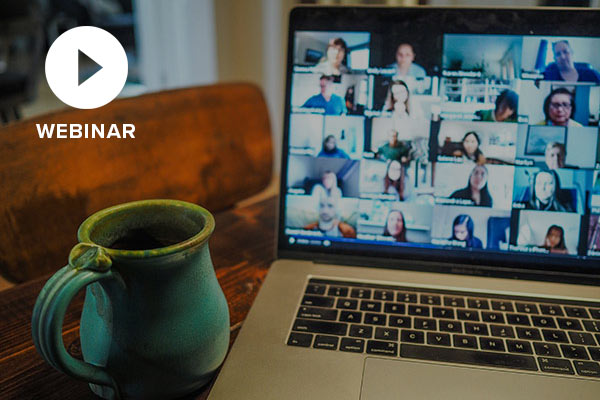Resource Hub
Dementia Caregiving Resources
Evidence-Based Support for Communities
Identifying, translating, and disseminating research findings and evidence-based public health best practices in dementia caregiving is a main goal of the PHCOE-DC. This page contains a collection of materials, tools, and best-practices that public health agencies can use to support family members, friends, and other unpaid individuals who care for people living with dementia in their communities.

The Role of Public Health in Enhancing Support for ADRD Care Partners
Findings from “The 2021 Conference on Engaging Family and Other Unpaid Caregivers of Persons with Dementia in Health Care Delivery”.

A Practical Guide – Communicating Brain Health Messages with Latino and African American Communities
The goal of the guide is to help public health professionals, health providers, researchers, and community service providers incorporate the best available evidence about brain health and cognitive decline risk factors into existing messaging.

Unpaid Dementia Caregiving: A Policy and Public Health Imperative
National Strategy to Support Family Caregivers is a living document that was created to direct support to family caregivers. It provides a framework for caregiver support and describes the importance of the RAISE Family Caregivers Act. Included are various goals aimed toward supporting family caregivers through outreach, partnerships, evidence-based practices, and more.

Public Health and Faith
Faith-based organizations (FBOs) have always been very active in health promotion and disease prevention and can be a key partner for public health agencies in their dementia caregiving efforts. The session provided an overview of dementia-related work FBOs currently do, their role as public health agents in dementia caregiving, and practical recommendations for public health agencies for effectively partnering with faith organizations.